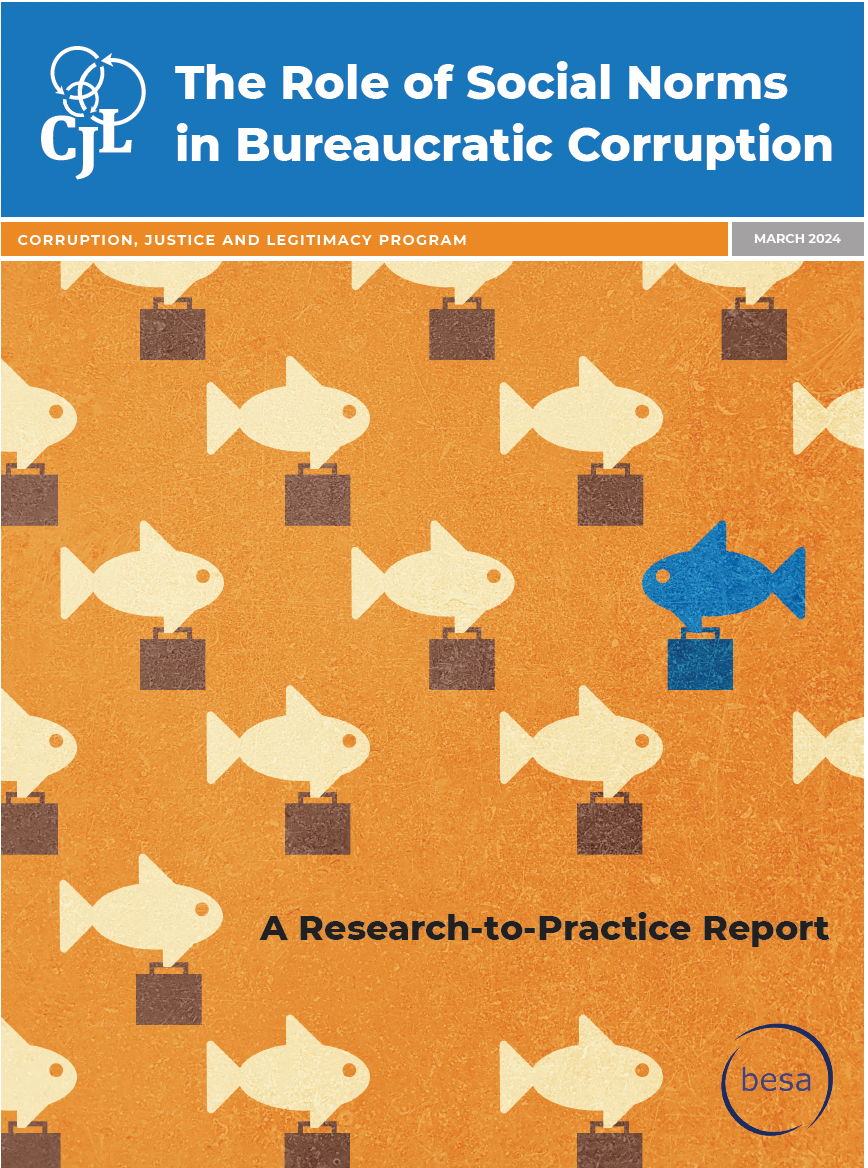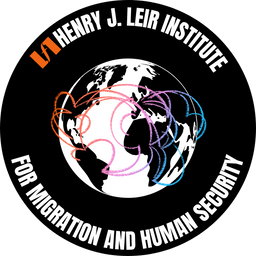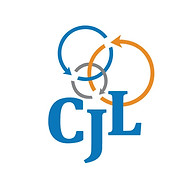Leir Migration Monitor: The Road Ahead for U.S. Asylum and Migration Policies

Trump’s plans for tougher border enforcement won’t necessarily stop migrants from coming to the US - but their journeys could become more costly and dangerous
Article for the December 9th, 2024 edition of The Conversation by Dr. Katrina Burgess, Director of the Henry J. Leir Institute, and Professor of Political Economy at the Fletcher School of Law & Diplomacy, Tufts University

In her article for The Conversation, Professor Katrina Burgess explores the enduring consequences of “prevention through deterrence,” a U.S. border enforcement strategy initiated in the 1990s. Despite massive investments in border security and stricter immigration policies, the approach has failed to deter migration, instead fueling a lucrative criminal economy and putting migrants in greater danger. Drawing from decades of data and recent interviews, her piece reveals how desperate circumstances drive migrants to risk everything, challenging the effectiveness and humanity of current U.S. immigration strategies.
Read more of Katrina Burgess' article here:

Trump 2.0: Four Key Shifts Expected in U.S. Asylum and Regional Migration Policy
By Felipe Navarro is Policy & Advocacy Manager at the Center for Gender and Refugee Studies (CGRS) and Fletcher School, MALD '15.

Donald Trump’s re-election signals a sharp shift toward more restrictive asylum and migration policies, with significant implications for vulnerable populations. Key areas of concern include narrowing asylum eligibility, expanding border externalization, eliminating humanitarian programs like Temporary Protected Status (TPS), and prioritizing enforcement-heavy regional cooperation. These measures threaten human rights and risk destabilizing regional migration governance. Civil society and international actors must mobilize to address these challenges through legal and advocacy efforts.
Read more of Felipe Navarro's article here:

The Human Security Connection

For our inaugural piece, we are sharing a practitioner-focused report on social norms and corruption by Jared Miller (former Leir Pre-Doctoral Fellow), Diana Chigas (Leir-affiliated Faculty), and Cheyanne Scharbatke-Church (former Leir Senior Fellow).
The Role of Social Norms in Bureaucratic Corruption

The outsourcing of U.S. and European border control to migration transit states has empowered many immigration agencies. Yet immigration authorities in these contexts regularly demand bribes from migrants at checkpoints, abuse migrants in detention facilities, and collude with non-state criminal actors to kidnap migrants and extort their families. As the UN Office on Drugs and Crime (UNODC) has noted, corruption within these agencies has a “pervasive negative impact on the ability of states and institutions to combat smuggling of migrants and trafficking in persons” as well as directly harming migrants.
As in other government agencies, efforts to combat corruption by immigration authorities often have limited effectiveness, especially in countries with weak rule of law. Where corruption is endemic (the rule rather than the exception), governments have been unable (or unwilling) to enforce accountability. And while civil society organizations are increasingly involved in trying to hold these authorities accountable, their influence is hindered due to the highly securitized environment and often intense external pressure on these states to control migration.
In this report, Miller, Chigas, and Scharbatke-Church suggest an additional reason why corruption may persist within these immigration agencies: social norms. These informal “rules of the game”can create pressures––from family, friends, peers, patronage networks, political and bureaucratic hierarchies––to engage in corrupt practices, even when the formal rules proscribe the practices or officials believe these practices to be wrong. Addressing the corruption in immigration agencies that endangers migrants thus requires more than pressure, oversight, and formal accountability—it also requires understanding and addressing the social pressures that lead them to demand bribes, extort migrants, or collude with (and turn a blind eye to) non-state criminal actors.
To learn more, read the full report here:

Spotlight: Naomi Polin, F10
Naomi is Principal and Founder of Orchid Root Strategies, LLC, where she leads strategic planning, program development, research, and content creation for foundations, nonprofit organizations/NGOs, and coalitions. Through her work with Orchid Root Strategies – and previous experience as a Senior Consultant with TCC Group, a national B Corp social impact consulting firm – Naomi has facilitated strategy guidance work with dozens of U.S. and global organizations advancing social justice, inclusion, and human rights. Recent clients include Refugee Council USA, USAHello, and the Council of Michigan Foundations.
Naomi’s consulting expertise builds on her experience in grantmaking, research, evaluation, and program management roles at the Open Society Foundations (OSF), where she helped launch and scale the Foundation’s International Migration Initiative, and the Clinton Foundation, where she served on former President Bill Clinton’s foreign policy team. Naomi is a part-time Affiliate Instructor at the Dorothy A. Johnson Center for Philanthropy and has received recognition for her social impact leadership as a 92NY Belfer Center for Social Innovation and Impact 2023 Women InPower Fellow. Naomi holds a Master’s degree in Law and Diplomacy (MALD), specializing in international human security, from the Fletcher School at Tufts University and a B.A. in International Studies from Emory University.
I am working on: I’ve been honored to collaborate with a number of U.S. based immigrant-, refugee- and youth-serving organizations this year that share a dedication to advancing equity, inclusion, and belonging. Whether their lever for change is policy advocacy, leadership development, education, expanding access to digital information, or the arts, each partner is contributing toward creating a more just and inclusive multiracial, multifaith, and multiethnic democracy. Recently, for example, I helped Refugee Council USA (RCUSA) (a membership organization of more than 40 organizations) design initiatives and mobilize public and private resources to develop the leadership of formerly displaced people and create meaningful spaces for their participation in policymaking. I’ve also been collaborating with USAHello – an RCUSA member – on strengthening their capacity to help underserved immigrant communities navigate complex policies and systems while contributing towards efforts to reduce the spread of bias and misinformation.
An insight I’ve discovered: From the growing impacts of climate change to global political instability, many organizations find themselves in a position of continually addressing urgent crises. In these moments, there is a natural urge to do something, quickly. That may mean pledging bold new commitments, investing in new program areas, or executing on a new strategic direction. Change can lead to exciting new experimentation and collaboration, but it can also lead to problems and a loss of trust if commitments aren’t carried through, if swift changes leave constituents behind, or if staff are left fatigued and burned out.
Whether responding to natural disasters or political shifts, being adaptive shouldn’t mean complete overhaul or disruption. Instead, it can mean leaning into existing organizational strengths, creativity, and networks to meet the moment, while also recognizing the value of steadfast commitment to long-term aims. What I hope, in this new season, is that leaders practice responsiveness in ways that contribute to more durable institutions and movements — by being clear and transparent in their choices, implementing habits for sustainability, incorporating new voices into decision-making, and meaningfully embracing partnerships and learning to strengthen present and future action.
I’m passionate about: Distributing power in more equitable and inclusive ways, whether in government, NGOs, or philanthropic spaces, to infuse a wider range of perspectives in policy and practice. I believe in the vital importance of investing in strategies – such as leadership development, network building, and narrative change – that build capacity and conditions for immigrants, refugees, and other underrepresented communities to drive the solutions affecting their lives. In the long term, this work ensures more people can exercise their agency in shaping our shared prosperity and future. Of course, the work of building and dismantling barriers to power is long-term, complex, and something that no one organization can do alone. It’s gratifying to work with organizational partners who are dedicated to this goal and playing such an important role in moving the needle forward.



